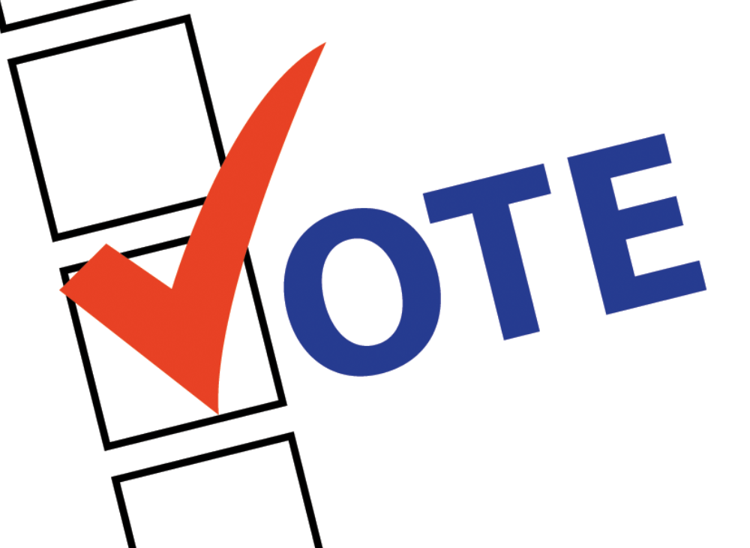
Cassidy outlines plan to give Louisiana greater share of oil royalties
September 24, 2019
Week 4 Swimming – Morgan City Pool (Terrebonne, Morgan City, Ellender and Berwick)
September 24, 2019On the October 12th ballot, Louisiana voters will be asked to weigh in on four constitutional amendments. Reading the language of these amendments is often harder than it sounds. It can get tricky, with voters having to understand what law is in place and what exactly a vote “for”or “against”means.
The Public Affairs Research Council of Louisiana (PAR) is an independent, nonpartisan education organization that provides a review of each proposed amendment in plain language. It provides arguments for and against each amendment to help voters decide.
Here’s a brief overview:
Amendment 1: Offshore Goods Property Tax Exemption
A vote FOR would:
Create a property tax exemption for certain goods destined for the Outer Continental Shelf.
A vote AGAINST would:
Continue such taxation unless ruled unconstitutional under the U.S. Commerce Clause.
Amendment 2: Adds Schools to the Education Excellence Fund
A vote FOR would:
Allow the Educational Excellence Fund to finance three more schools and public TV.
A vote AGAINST would:
Keep the Fund’s money limited to the current recipients.
Amendment 3: Board of Tax Appeals Jurisdiction
A vote FOR would:
Allow the Board of Tax Appeals to rule on constitutional questions.
A vote AGAINST would:
Continue to assign constitutional questions in tax disputes only to the courts.
Amendment 4: New Orleans Tax Exemption for Affordable Housing
A vote FOR would:Give New Orleans the ability to create a residential property tax exemption for affordable housing developments.
A vote AGAINST would:Keep the current property tax structure in New Orleans.
For the complete report, visit www.parlouisiana.org.









